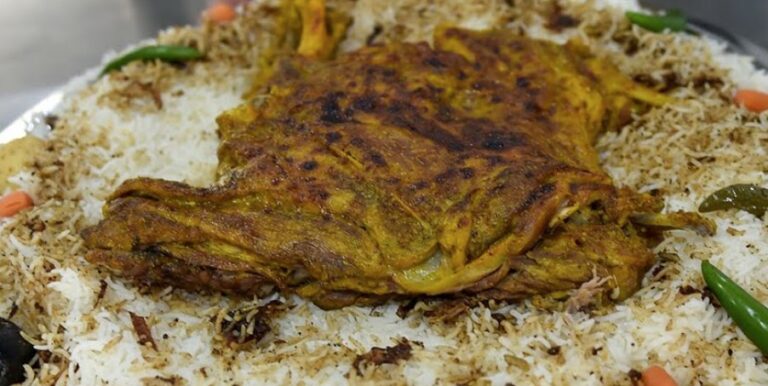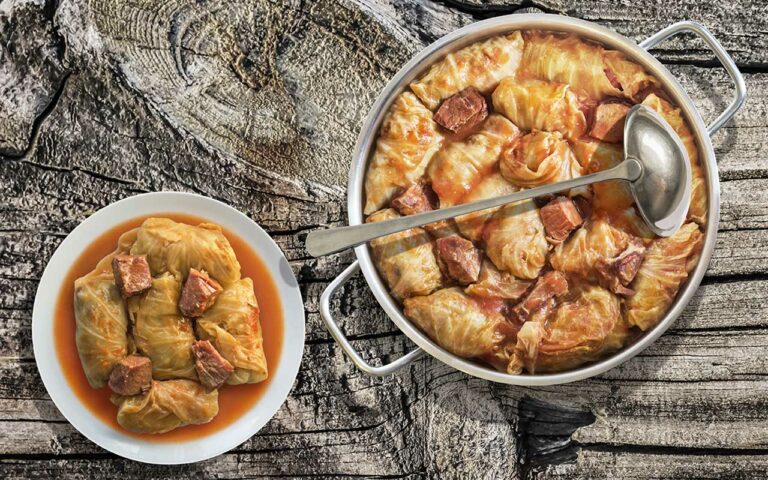Introduction: Understanding Saudi Arabian Dining Culture
Saudi Arabia, a country located in the Middle East, has a rich and diverse culinary culture that is influenced by its history, religion, and geography. Dining customs and etiquette in Saudi Arabia are rooted in Islamic traditions, and dining with family and friends is an essential part of the culture. While many dining customs are similar to those in other Middle Eastern countries, there are some unique practices that are specific to Saudi Arabia.
The Role of Food in Saudi Arabian Culture and Religion
Food plays a significant role in Saudi Arabian culture and religion. In Islam, food is considered a gift from God, and sharing it with others is an act of generosity and hospitality. Muslims in Saudi Arabia follow strict Halal dietary laws, which prohibit the consumption of pork and alcohol. Additionally, eating with the right hand is considered to be more respectful, as the left hand is traditionally used for cleaning oneself after using the bathroom.
Gender and Dining Etiquette in Saudi Arabia
Gender plays a significant role in dining etiquette in Saudi Arabia. It is customary for men and women to dine separately, with men in one room and women in another. Additionally, it is common for men to serve women and children before serving themselves. When dining with non-Muslims, it is important to be mindful of their dietary restrictions, and to ensure that Halal food is available for Muslim guests.
The Importance of Hospitality and Generosity in Saudi Arabian Dining
Hospitality and generosity are highly valued in Saudi Arabian dining culture. It is customary for hosts to serve large quantities of food, and to encourage guests to eat as much as they like. Refusing food or drink can be seen as a sign of disrespect, so it is important to accept whatever is offered. Additionally, it is customary for hosts to offer dates and coffee to guests as a sign of hospitality.
Dining Customs and Traditions During Ramadan in Saudi Arabia
Ramadan is a month-long period of fasting and spiritual reflection for Muslims worldwide, and it holds special significance in Saudi Arabia. During Ramadan, it is customary for families and friends to gather for Iftar, the meal that breaks the daily fast. Dates and water are traditionally offered to break the fast, followed by a full meal. Additionally, it is common for people to give food to the poor and needy during Ramadan, as a way of expressing generosity and compassion.
Common Foods and Beverages Served in Saudi Arabian Cuisine
Saudi Arabian cuisine is diverse and flavorful, with influences from Arabic, Indian, and African cuisines. Rice, meat, and bread are staple foods in Saudi Arabian cuisine, with lamb and chicken being the most commonly consumed meats. Spices and herbs, such as saffron, cardamom, and cumin, are used to add flavor to dishes. Popular Saudi Arabian dishes include Kabsa, a rice and meat dish, and Maqluba, a layered dish of rice, meat, and vegetables. Additionally, tea and coffee are popular beverages in Saudi Arabia, with Arabic coffee being a traditional and widely consumed beverage.



